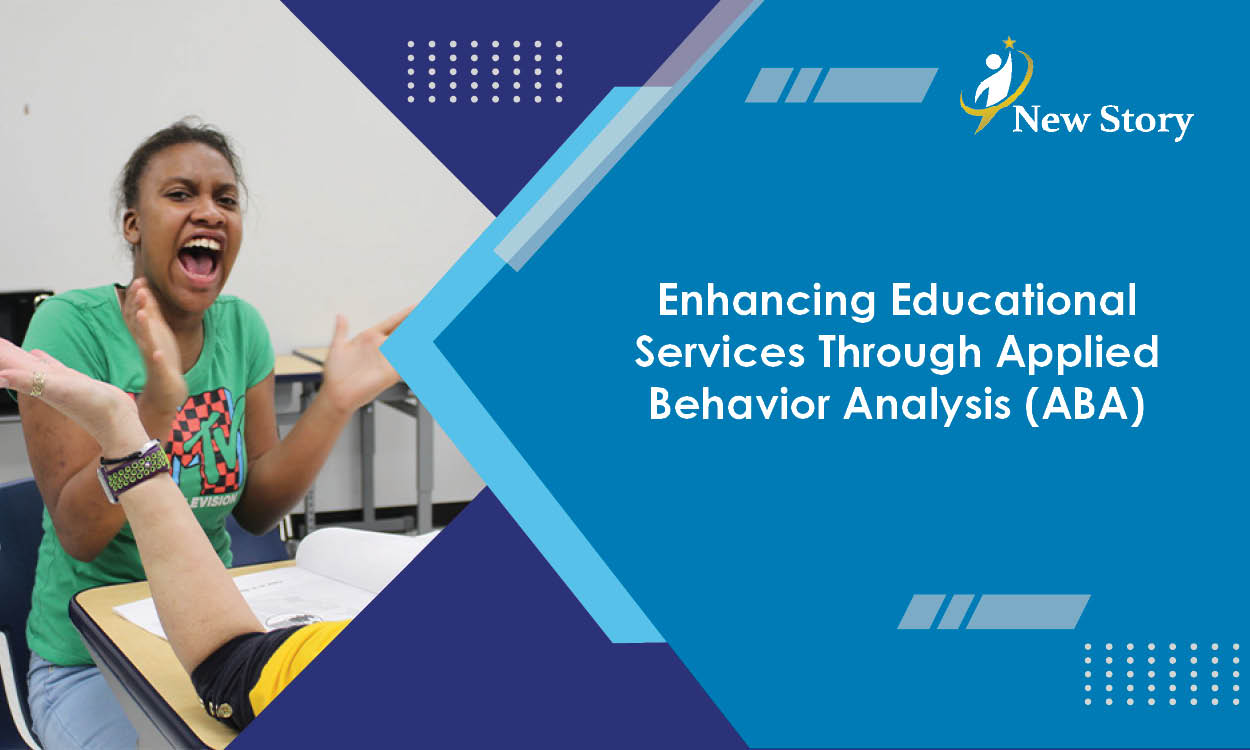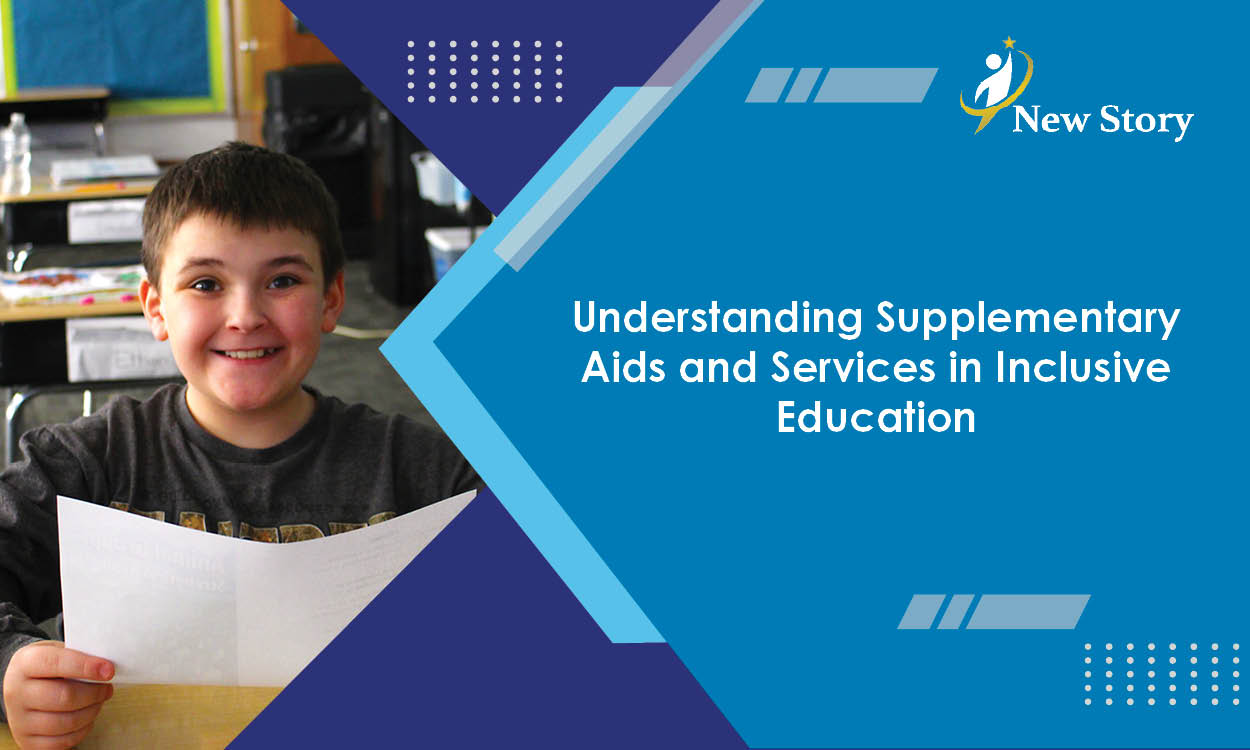The Transformative Power of Inclusive Education
Posted: August 13, 2024 | Written By: Melanie Kells| Category: Special Education Teaching

Inclusive education is more than just a teaching approach; it’s a philosophy that recognizes and values diversity in the classroom. By integrating students with disabilities alongside their non-disabled peers, inclusive education fosters an environment where every student can thrive. Let's delve into the multifaceted benefits of inclusive education for students, teachers, and society at large.
Benefits for Students Without Disabilities
One of the most profound advantages of inclusive education is its impact on students without disabilities. These students gain significant social cognition, enhancing their understanding and acceptance of diversity. This exposure helps them develop empathy and a deeper appreciation for the challenges faced by their peers with disabilities. As a result, they become more comfortable with and tolerant of differences, cultivating a more inclusive mindset.
Moreover, students without disabilities often experience increased self-esteem and improved self-concept. Interacting with a diverse group of peers helps them build strong social skills, which are crucial for their personal and professional lives.
Benefits for Students With Disabilities
For students with disabilities, inclusive education provides an invaluable opportunity to learn in a challenging, supportive environment. Being educated alongside their peers without disabilities allows them to imitate age-appropriate social behaviors and skills in real-world settings. This practice is crucial for their social development and independence.
Inclusive settings also help students with disabilities build friendships and develop a positive self-image. By participating in the same activities as their peers, they gain a sense of belonging and self-worth, which is essential for their overall well-being.
Benefits for Educators
Teachers in inclusive classrooms also stand to gain significantly. General education teachers have the chance to learn about disabilities and special education, broadening their understanding and approach to teaching. This knowledge enhances their ability to support all students effectively.
Special education teachers, on the other hand, benefit from frequent interactions with typically developing students. This exposure helps them set realistic expectations and tailor their teaching strategies accordingly. The collaborative environment allows both general and special education teachers to exchange information about instructional activities and teaching methods, making them more flexible and versatile educators.
Societal Benefits
The overarching theme of inclusive education is that it helps create a better society. By fostering an environment of acceptance and understanding from a young age, we lay the groundwork for more tolerant and inclusive communities. Inclusive education has the potential to shift social policies towards greater equality and accessibility for all individuals, regardless of their abilities.
By embracing inclusive education, we take a crucial step towards a future where everyone is valued and supported in their learning journey.










